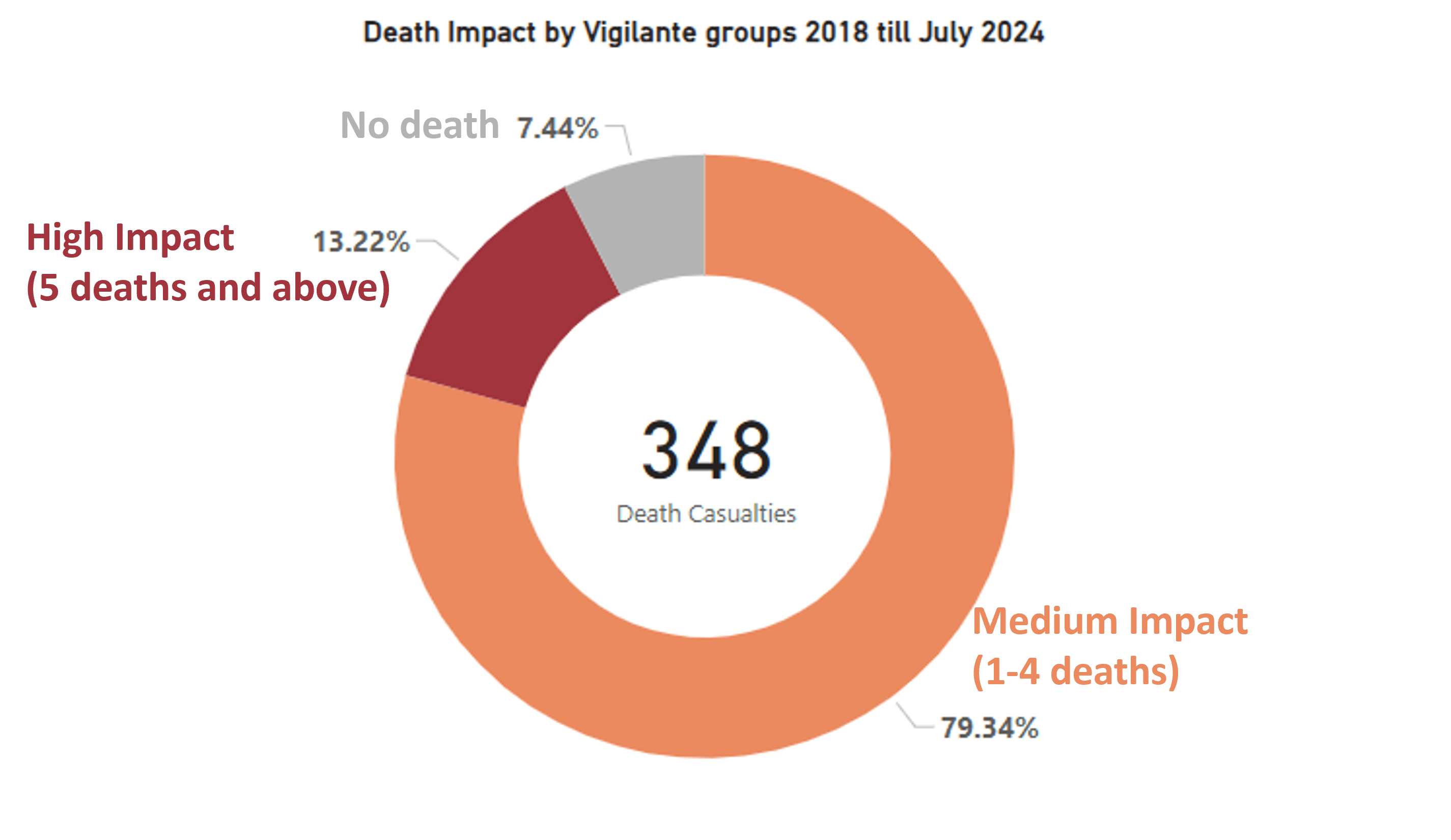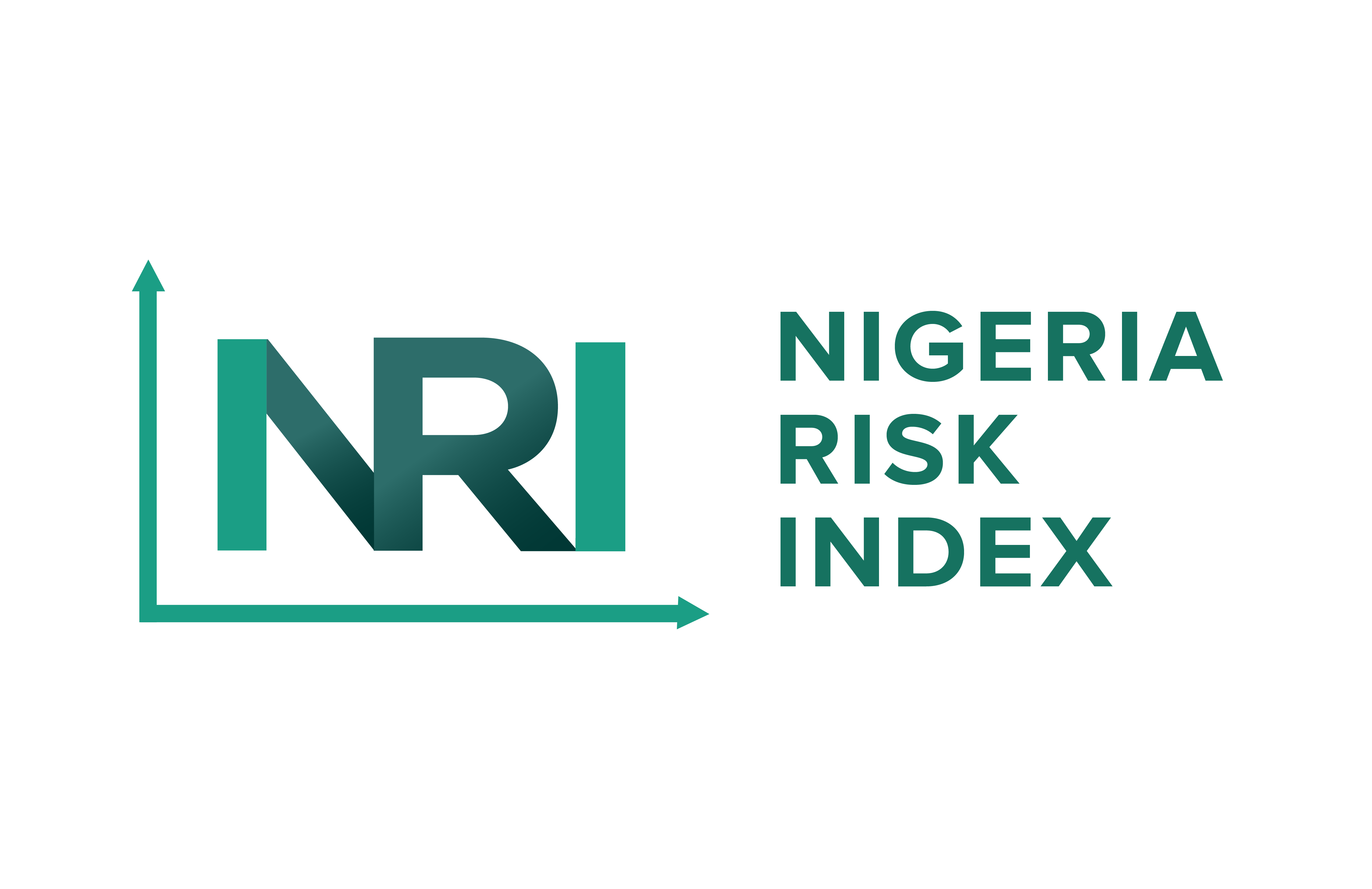Insights
Community vigilante groups have become increasingly prevalent across Nigeria, particularly in regions where official security forces struggle with capacity or effectiveness. These groups, predominantly composed of local volunteers, play a pivotal role in upholding law and order and bolstering security. However, their participation represents a dual-edged phenomenon, offering both advantages and considerable risks. This article scrutinizes the efficacy and challenges associated with these community-based security groups, drawing upon available empirical data and scholarly insights.
In Nigeria, a diverse array of security challenges confronts the nation, spanning from violent extremism in northern regions to petty crime in urban centers. Within this complex landscape, community vigilante groups have emerged as a contentious yet indispensable adjunct to formal security mechanisms. This analysis delves into their effectiveness and the inherent risks they introduce.
Effectiveness of Community Vigilante Groups
- Supplementing Inadequate Security Forces: In many parts of Nigeria, particularly in rural and underserved urban areas, the police and other official security agencies are often understaffed and under-resourced. Community vigilante groups fill this gap, providing essential security services. For instance, in regions like the Northeast, where Boko Haram has wreaked havoc, vigilante groups such as the Civilian Joint Task Force (CJTF) have been instrumental in aiding military operations against insurgents.
- Local Knowledge and Community Trust: Vigilante groups are composed of local individuals who possess intimate knowledge of their communities. This local insight enables them to identify and address security threats more efficiently than external forces might. Additionally, their integration within the community often earns them higher trust levels compared to official security personnel, who may be viewed with suspicion or as outsiders.
- Quick Response and Deterrence: The presence of vigilante groups can act as a deterrent to crime. Their ability to respond swiftly to incidents, due to their proximity and commitment, often results in faster intervention than that of the official security forces. This immediate response capability is critical in curbing criminal activities and maintaining public order.
Risks Associated with Community Vigilante Groups
- Lack of Training and Accountability: One of the primary risks of relying on vigilante groups is their lack of formal training. Unlike official security forces, vigilantes often operate without standardized procedures or oversight. This can lead to instances of excessive force, human rights abuses, and unlawful killings. The absence of accountability mechanisms exacerbates these issues, as vigilantes are not subject to the same disciplinary actions as formal security personnel.
- Potential for Abuse and Corruption: The informal nature of vigilante groups makes them susceptible to manipulation and corruption. There are instances where vigilantes have been co-opted by local elites or political figures to serve private interests, engage in extortion, or settle personal scores. This not only undermines their legitimacy but also exacerbates the very issues of lawlessness they are meant to combat.

Source: Nigeria Risk Index
The Nigeria Risk Index shows that 348 deaths have resulted from vigilante groups with a larger portion of these deaths being at least 1 to 4 deaths over the past 6 years.
- Escalation of Violence: In some cases, the presence of vigilante groups can escalate violence rather than mitigate it. This is particularly true in areas with ethnic or communal tensions. Vigilantes, driven by local biases, may engage in or provoke clashes with rival groups, leading to cycles of retaliatory violence. The proliferation of arms among these groups further contributes to this risk.
- Undermining State Authority: While vigilante groups can complement official security efforts, their proliferation also risks undermining state authority. Dependence on these groups can signal a failure of the state to provide adequate security, thereby eroding public confidence in official institutions. In the long run, this can weaken the state's ability to maintain a monopoly on the legitimate use of force, a fundamental principle of sovereign governance.
Community vigilante groups in Nigeria play a pivotal role in supplementing the country's official security forces, particularly in areas where these forces are insufficient. Their effectiveness lies in their local knowledge, rapid response capabilities, and the trust they command within their communities. However, these advantages come with significant risks, including potential human rights abuses, lack of accountability, susceptibility to corruption, and the potential to escalate violence. Addressing these challenges requires a nuanced approach that involves better regulation, training, and integration of vigilante groups into the formal security framework. Ensuring accountability and oversight is crucial to mitigating the risks while harnessing the benefits of these community-based security initiatives. As Nigeria continues to grapple with complex security challenges, the role of vigilante groups will likely remain a contentious yet essential element of the broader security strategy.

The Risk Control Team
Related Blog Posts
- GENOCIDE OF CHRISTIANS – IS NIGERIA GUILTY AS CHARGED?
- Is Nigeria under President Tinubu’s Administration, Finally Controlling Its Economic Risks?
- Northern Nigeria’s Peace Deals With Bandits: Truce or Time Bomb?
- The Dangote-Transporters Impasse: A Clash of Modernisation and Tradition
- Nigeria’s Mandatory Taxpayer Identification Number (TIN)Policy
